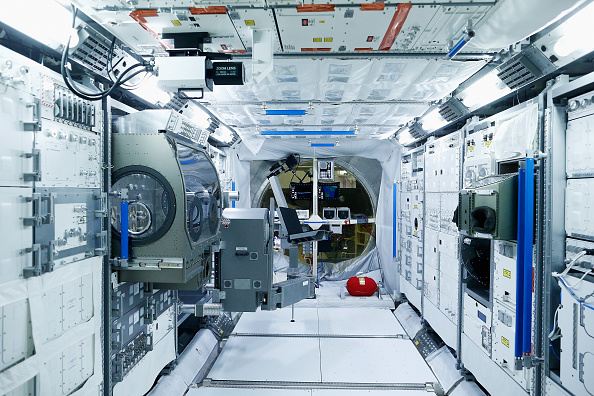Have you ever wondered how long someone can stay in space? Two NASA astronauts, Butch Wilmore and Suni Williams, are currently on the International Space Station (ISS) with no set return date.
They were supposed to stay for seven days, but repairs to their spacecraft, the Starliner, have delayed their return.
NASA is conducting tests to ensure it’s safe to bring them back, so their stay on the ISS remains uncertain. But how long can someone stay in space, and what effects does it have?
Effects of Space Travel on the Human Body
Space travel affects almost every part of the human body, primarily due to the lack of gravity. On Earth, gravity keeps us grounded, but in space, astronauts float inside their spacecraft. This weightlessness makes it easy to move heavy objects but also means astronauts lose muscle and bone mass.
According to the UK Space Agency, astronauts can lose up to 40% of muscle and 12% of bone mass after five months in space. Even shorter stays can have significant effects; research suggests muscle mass can decrease by 20% after just two weeks.
Vision can also be impacted. Astronauts may return with worse eyesight due to high pressure caused by lower gravity.
Records for Longest Time in Space
The record for the longest continuous time spent in space by a US astronaut is held by Frank Rubio, who stayed for 371 days. However, the all-time record belongs to Russian cosmonaut Valeri Polyakov, who spent 437 days aboard the Mir space station from 1994 to 1995.
When Will the Starliner Astronauts Return?
NASA hasn’t set a date for Wilmore and Williams’ return. The decision will come after a thorough review of the Starliner’s technical problems. The astronauts are not stranded and can return in an emergency. If necessary, they can also return on SpaceX’s Dragon capsule, but this would be a last resort.












